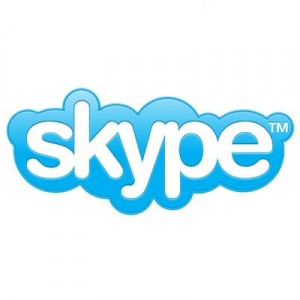Posts Tagged ‘Microsoft’
Skype Hype: Are you using it for your business?
Friday, May 13th, 2011 Now that the founders have become rich (again) and sold Skype to Microsoft – a questions must be posed. “Did Microsoft completely overpay?” Not that question, but maybe (how the hell would I know). “Will Microsoft underfund and completely destroy this new asset?” yes…but not right away and that’s not the question.
Now that the founders have become rich (again) and sold Skype to Microsoft – a questions must be posed. “Did Microsoft completely overpay?” Not that question, but maybe (how the hell would I know). “Will Microsoft underfund and completely destroy this new asset?” yes…but not right away and that’s not the question.
No, the real question is how will this new found attention to Skype change how will you use it for your business. Before every cable company offered a VOIP solution, Skype was the way to talk over the internet for very little cost. That uniqueness has gone away, but it still is the best way to talk internationally without it costing a lot.
The way we’ve been using Skype is for video conferences with our team (some of us are in Denver, some in the D.C. area) – and I’m sure we’ll continue to use it that way. But Skype has competitors in that space with video chat already offered by Apple and other web camera services.
One of the more interesting ways could be a combination of Skype into social media. Don’t forget that Microsoft invested in Facebook a few years ago — so forget poking, what about video chatting with your social network.
Any other thoughts on how Skype can help your business?






